Sunday, March 13, 2016
The Forest
‘The Forest’ has two things going for it which promised much: an opportunity for Natalie Dormer, an underused and often miscast performer, to demonstrate her range in a dual role; and a narrative hook inspired by Japan’s actual “suicide forest”, Aokigahara. About 18 months ago on this blog I reviewed Santiago Stelly’s 21-minute documentary on the forest and the propensity of the suicidal to make it their “goodnight Vienna” spot of choice; it’s a calm and eloquent documentary on a deeply unsettling subject that’s remained with me.
The prospect of the appealing Dormer in a psychological horror movie with Aokigahara as its setting was irresistible. And for the first hour of its 93-minute running time, it seemed to deliver.
The opening is a textbook exercise in economical storytelling, setting up privileged American Sara (Dormer) and her unpredictable, emotionally unstable twin sister Jess (Dormer). Alerted by Japanese authorities that Jess has disappeared and that the last sighting of her was close to Aokigahara, Sara flies out to Japan despite the assurances of chinless wonder boyfriend Rob (Eoin Macken) that everything will resolve itself. Adrift in a totally alien culture, Sara struggles to piece together the minutae of Jess’s life. Dormer is extremely good at balancing Sara’s confusion and frustration while suggesting a tenacious inner strength. On paper, Sara is a pretty thankless role – the conceptually more interesting Jess is given little screen time – but Dormer’s performance, understated and nuanced, makes her an empathetic and appealing heroine.
Seeds of folklore and superstition that inform the latter stretches of the film are liberally scattered in an effective scene where Sara visits the school at which Jess taught English. The pupils react hysterically, taking Sara for Jess’s ghost.
Continued narrative economy whisks Sara to Aokigahara, where she encounters Australian journalist Aiden (Taylor Kinney), who listens empathetically to her story and promptly realises he’s got a fucking great human interest article on his hands. Bartering with Sara for the rights to said article – and inveigling a shedload of expository background information on her relationship with Jess – Aiden introduces her to Michi (Yukiyoshi Ozawa), an unofficial sort of park ranger who makes sweeps of Aokigahara looking for either the recently deceased (whose position he marks so their bodies can be recovered) or those who are still undecided (Michi does his best to dissuade them from ending it).
At this point, director Jason Zada starts making wholesale borrowings from the Santiago Stelly documentary and ‘The Forest’ takes its first lurch towards a massive quality control downscale. Some cod psychology about the psychic connection between Sara and Jess has already come into play, and a bit of ham-fisted backstory about a family tragedy that Jess witnessed but Sara didn’t is horribly realised in the film’s first truly bad scene.
Unfortunately, things get worse. The decision – presumably a sop to the US and UK markets – to make Aiden the companion to Sara’s long dark night of the soul in Aokigahara rather than the thematically more appropriately Michi more than indicate that he’d have been a fascinating, grounded and pragmatic foil to Sara’s increasing susceptibility to the forest’s supposed demons. As it is, however, we have Aiden as possible-saviour-possible-villain depending on how screwily the forest demons are messing with Sara’s mind at any given time.
Then there’s the revelation about the tragedy that defined Jess’s self-destructive tendencies. It’s the cheesiest of melodramatic reveals that would have required Sirkian levels of histrionics to even attempt to pass itself off to an audience with a collective IQ of more than a single figure. As it is, Zada delivers it with such boilerplate indifference that the film doesn’t so much go off the rails as recreate the Tay Bridge disaster. A twist involving Jess and a last-minute scare moment that might have been effective in the late 80s don’t help matters either.
‘The Forest’ is one of those screamingly difficult films to review: it starts so promisingly – not earth-shatteringly great or iconoclastically different, but good enough in all the fundamentals that the audience has every reason to expect that it’s going to build and develop and play off in a way that will be truly effective. That it doesn’t is galling enough; that it has to reach for quite so many clichés in order to patch together a finale that nonetheless spirals into abject mediocrity is a kick in the teeth.
I can’t in all honesty recommend ‘The Forest’. Which is a pisser, because I want to. I want its damned good first hour to be enough to offset the shit sandwich of its last 30 minutes. I want to herald it as a vehicle for Natalie Dormer’s talents. I want to champion it as the underdog of this year’s horror releases. But it is so determinedly awful in its closing stretches that I can’t. A shame: its setting and its star deserve better.
Labels:
Jason Zada,
Natalie Dormer,
Taylor Kinney,
Yukiyoshi Ozawa
Subscribe to:
Post Comments (Atom)
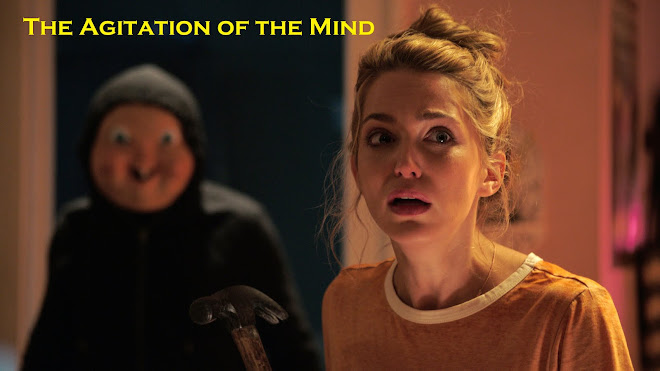


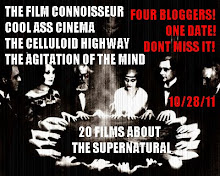
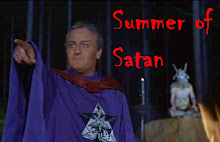
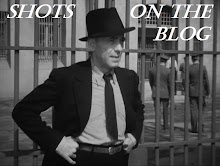

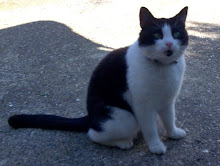








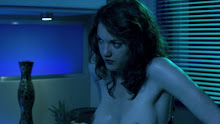
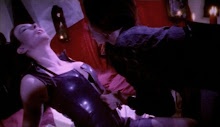





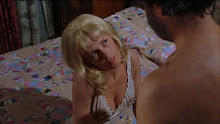
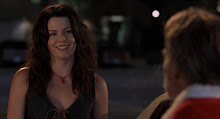

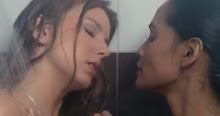






No comments:
Post a Comment